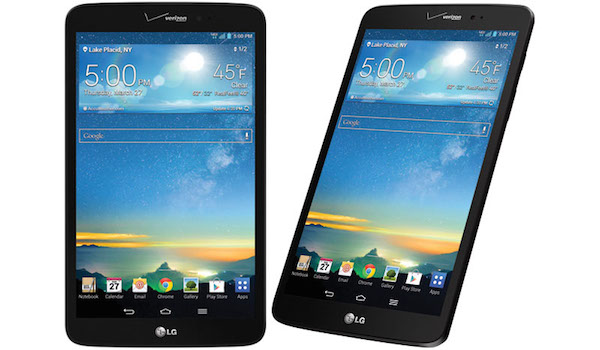Apart from the Nexus 5, Google has also unveiled the next major version of Android – KitKat. While the leaks spoilt the Nexus 5 launch party, not much was known about Android 4.4 KitKat.
With KitKat, Google is looking to make Android available to the next billion users. The company has worked religiously on improving the RAM consumption of the OS as well as all of its core apps. This should help in greatly improving the performance of Android on devices with low amount of RAM. There is also a new Phone app that not only searches for your contacts, but also nearby places and your Google Apps accounts.
The launcher has also been updated with a transparent status and navigation bar, and to allow for quick access to Google Now. While the current gesture of swiping from the bottom of the screen to access Google Now is still applicable, users can also access Google Now by swiping from the left on the home screen.
An iOS 7 inspired change in KitKat is the ability for apps to override the default UI colors of the Android’s framework to match the color of their brand or app. This includes the radio buttons, check boxes, progress bars and scroll indicators.
A major usability change is how the OS reacts when a user touches the screen. From KitKat and henceforth, whenever a user touches the screen, the touched UI element will slightly darken or lighten its color. This helps in providing a much pleasant experience compared to the current implementation.
Another minor changes in KitKat are improved full screen support for apps. This should help in providing a better immersive reading experience. Lastly, Google is also officially introducing two new gestures in KitKat – double touch drag and double touch. Both these gestures are already available in Google Maps and Chrome for Android, and allow for easily zooming in/out of the content. From Android 4.4 KitKat, these gestures will now work across all apps.
While the Nexus 5 is already shipping with Android 4.4 KitKat, the Nexus 4, Nexus 7 (2012, 2013), Nexus 10, and the Google Play edition Galaxy S4 and HTC One will be getting the update sometime soon.
















